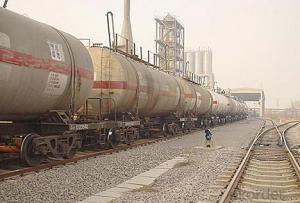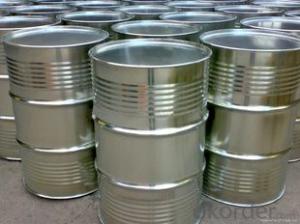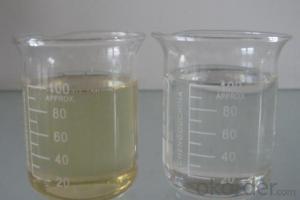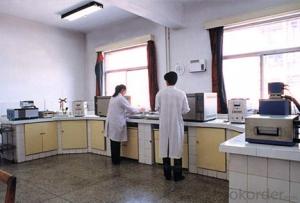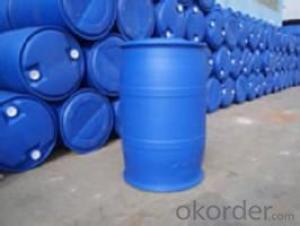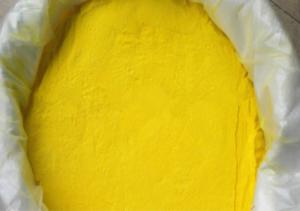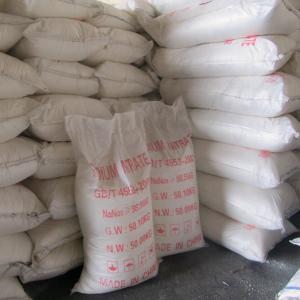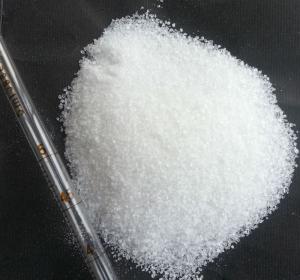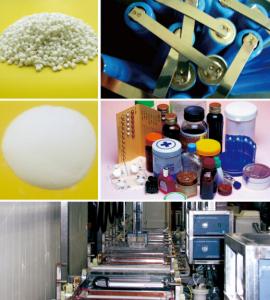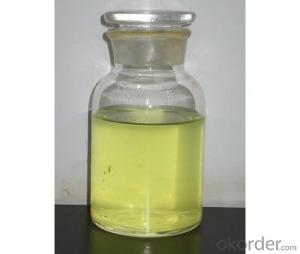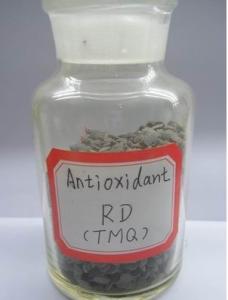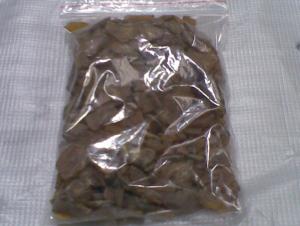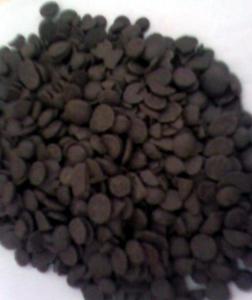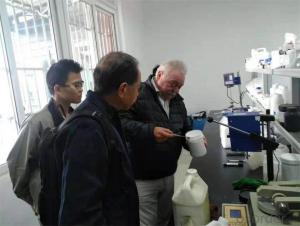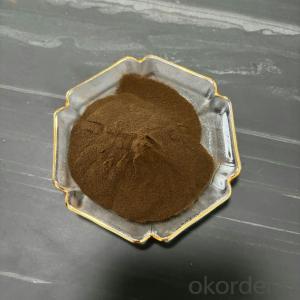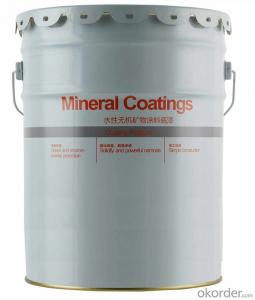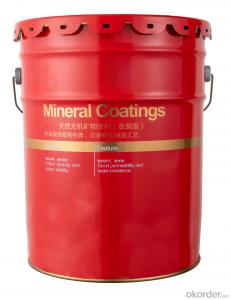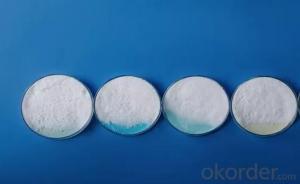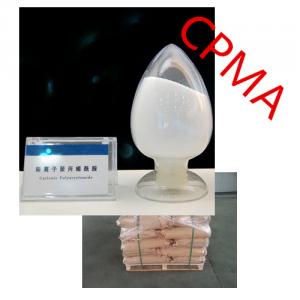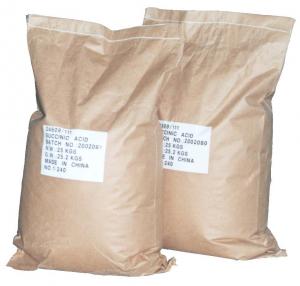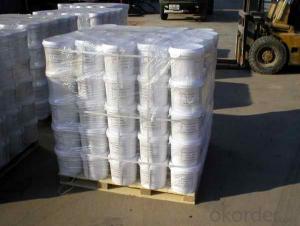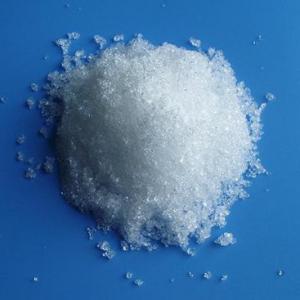New Plasticizer DEDB Mixed With Resin For Plastic
- Loading Port:
- Tianjin
- Payment Terms:
- TT OR LC
- Min Order Qty:
- 16.8
- Supply Capability:
- 8000 m.t./month
OKorder Service Pledge
OKorder Financial Service
You Might Also Like
Product performance:
Polyol Benzoate (DEDB) is colorless or pale yellow transparent oily liquid, water-insoluble, soluble in aromatic hydrocarbons, ketones and ethers, and has good compatibility withpolyvinyl chloride, ethylene - vinyl acetate copolymer, poly vinyl acetate, polymethylmethacrylate, polyvinylbutyral, nitrocellulose, and ethyl cellulose, etc.
Product application:
Polyol Benzoate(DEDB) is an environmentally friendly plasticizer with the characteristics of strong solubility, good compatibility, low volatility,resistant to oil, water, light, pollution etc. It is suitable for processing PVC flooring material, plastisol, artificial leather, cable material, soft and hard pipe, shoes material, rubber strips, synthetic rubber, and paint, printing ink, etc. It has a better plasticized effect if it is used together withDOP or DBP, and has greatly achieved the purpose of reducing cost .
Product quality index
Item | First grade | Second grade |
Chroma(APHA) ≤ | 50 | 60 |
Ester % ≥ | 99.5 | 90.0 |
Density(20°C)g/ | 1.120-1.126 | 1.172-1.78 |
Acidity(as benzene dicarbonic acid) % ≤ | 0.01 | 0.02 |
Flash Point °C ≥ | 195 | 192 |
Loss on heat(125°C,2 hours)% ≤ | 0.3 | 0.5 |
Chroma after heat treatment | 80 | 100 |
Specifications
1. Direct producer with 15 years experience
2. ISO9001:2000
3. High quality, lower price and best service
4. New plasticizer
Packaging: IBM, net weight: 1000 kg.
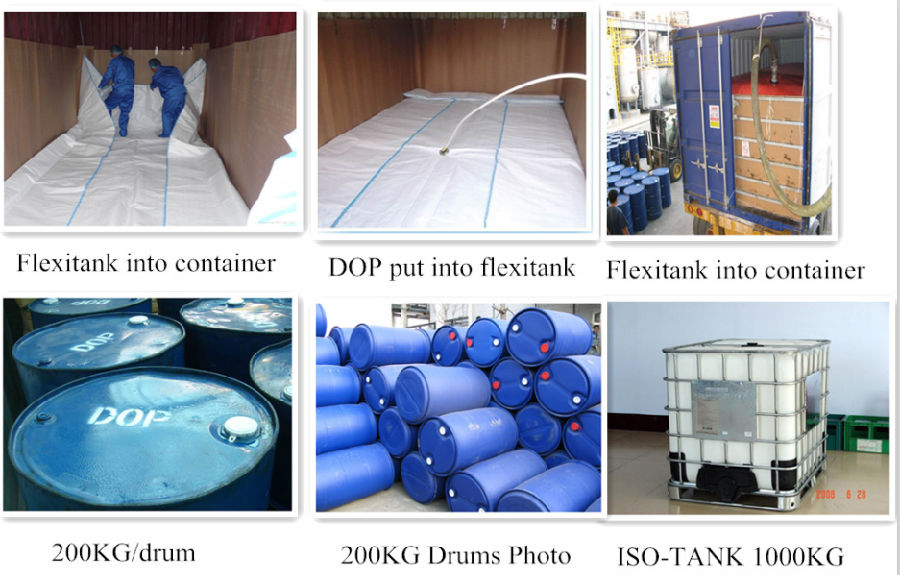 Our Factory:
Our Factory:
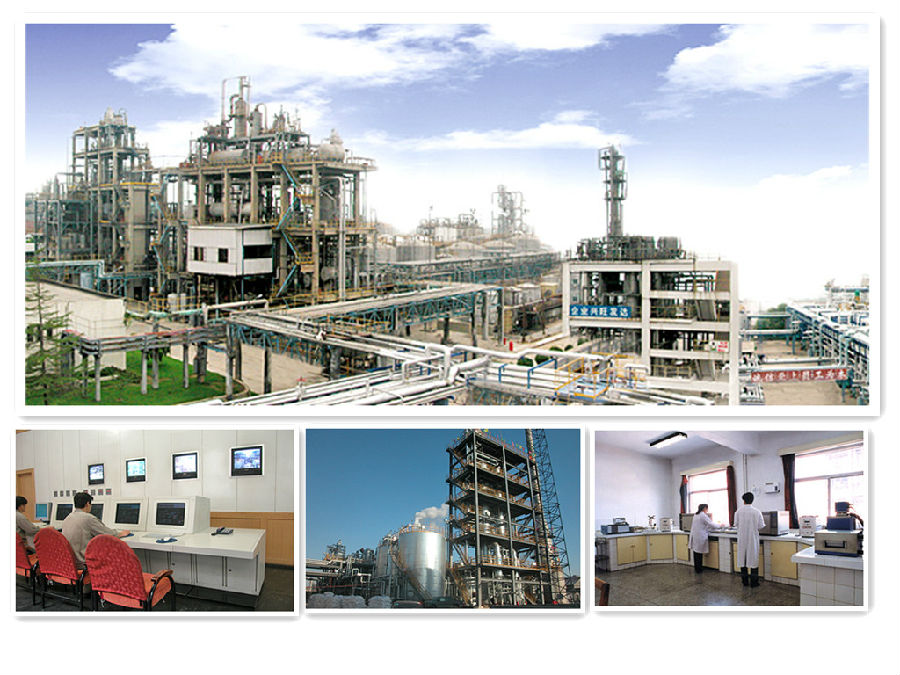
- Q:put in a way that a freshman in high school can understand please =)
- enzymes are a type of catalyst
- Q:What is a catalyst in a chemical reaction?
- A catalyst is a compound in chemistry (it can be an acid or temperature or a base or a metal or anything, pressure anything) that shifts the reaction towards one product or the other... In simple words. If you want to obtain something, e.g. water, then you can obtain it in different timings, ie in 2000 years, but if you want to obtain it in 2 hours instead of 2000 years then you add a catalyst, e.g. you heat the reaction to speed it up, you add an acid, or a base etc. Some catalysts also act on the regioselectivity of a compound thru preferring the formation of a stereo-isomer to another. E.g. if you want to obtain S-Thalidomide instead of R-Thalidomide you use a particular catalyst etc...
- Q:In chemistry what is a catalyst and an example?
- A catalyst is a liquid or a gas you can add to a substance to make it react quicker and/or upon itself or another chemical. A catalyst can be one chemical you add to another that causes a significant reaction or they could be variables in an experiment (like temperature) can be a catalyst. It could also be a liquid/gas that you add to a substance to neutralize it or make it safe to clean/touch/handle. For instance if you spill chemicals in a biology lab, you have to add a catalyst (generally water or clarifying soap) to make it safe to clean up. Hope I could help.
- Q:Could God be Discribed as a Catalyst?
- It depends on the context. A catalyst for what? A catalyst being (from a scientific point of view anyway) something that speeds up the rate [of a reaction] without itself being altered. In that respect you could view God as being a catalyst for war, or religious hatred. The counter argument being that it is religion (ie. the interpretaion of God) which is the catalyst. And not to be too negative, God could be seen as a catalyst for good; many of the charitable organisations in the world are theistic in some way. Point is, I'd say that religion, rather than God himself, is the driving force. I don't believe in God, but I ain't, like, zealous about it.
- Q:High school knowledge __ teacher do not know right!
- Nothing to do, but with the percentage of activated molecules, is proportional to
- Q:how could scientists know the exact catalyst for every reactions??? THANX sooo much
- Believe me, nema, there's no way that we chemists know the best catalyst for every reaction. That would be simply impossible. However, from the type of reaction, the reactants, products, reaction conditions, solvents, etc. and from one's experience and the literature (papers and patents) one can get a good idea for most reactions of the type of catalyst that has worked for similar systems. One then starts off with a catalyst from the literature and modifies or changes it if improvement is needed based on chemical principles that one learns. There are also some theoretical calculations that can be made. Sometimes they work and sometimes they don't :) If it is an industrially important process like the Haber process for making ammonia from nitrogen gas and hydrogen gas, there may be thousands of catalysts which have been tried and evaluated. New minor improvements are being made every day. When a company does find a very good catalyst for an important reaction, often they keep it a trade secret. The good catalyst can make a huge difference in how commercially successful a particular process is. That's a large part of what chemical engineers do. You may never know if you have the best catalyst. The most you can hope for is one that is good enough. So it's a few parts personal knowledge, a few parts literature, a couple of parts theory, a lot of experimentation and often, more than not, a little luck. :)
- Q:In biology, the enzyme seems to be a tool for opening a reaction, such as the decomposition of cellulose, such as linked RNA and protein, no enzyme can not. But in chemistry, the catalyst is only a regulatory role, change the reaction rate only. The teacher said that the enzyme is the catalyst. Is there any other effect of the enzyme? (Ignorant high three dogs, you do not spray the big god)
- But let's not say that there is no enzyme or catalyst, the reaction can not be carried out. In the process of random collision of a molecule, the occasional jump of 3 meters is also possible, but the probability is low. From the macro point of view, is the reaction rate is low. So what rate, catalyst, or what xxx let high school teacher how to say, chemical catalysis and enzyme catalysis of the fundamental principles are the same, so you go to college to understand.
- Q:How the catalyst accelerates the chemical reaction
- The effect of the catalyst on the rate of reaction and the effect of temperature on the reaction rate is fundamentally different. The catalyst can change the route of the reaction, reduce the activation energy of the reaction, increase the percentage of activated molecules in the reactants and increase the reaction rate.
- Q:Can you describe at least 4 ways a catalyst can lower the activation energy of a reaction?
- To see how a catalyst accelerates the reaction, we need to look at the potential energy diagram shown below which compares the non-catalytic and the catalytic reaction. For the non-catalytic reaction, the figure is simply the familiar way to visualize the Arrhenius equation: the reaction proceeds when A and B collide with succificient energy to overcome the activation barrier. The change in Gibbs free energy between reactants, A + B, and the product P is delta G. The catalytic reaction starts by bonding of the reactants A and B to the catalyst, in a spontaneous reaction. Hence, the formation of this complex is exothermic and the free energy is lowered. There then follows the reaction between A and B while they are bound to the catalyst. This step is associated with an activation energy; however, it is significantly lower than that for the uncatalyzed reaction. Finally, the product P seperates from the catalyst in an endothermic step. The energy diagram illustrates 4 ways the catalyst works : The catalyst offers an alternative path for the reaction that is energetically more favorable The activation energy of the catalytic reaction is significantly smaller than that of the uncatalyzed reaction; hence the rate of the catalytic reaction is much larger The overall change in free energy for the catalytic reaction equals that of the uncatalyzed reaction. Hence, the catalyst does not affect the equilibrium constant for the overall reaction. A catalyst cannot change the thermodynamics of a reaction but it can change the kinetics. The catalyst accelerates both the forward and the reverse reaction to the same extent. In other words, if a catalyst accelerates the formation of product P from A and B, it will do the same for the decomposition of P into A and B.
- Q:Does anybody have any tips or references I can go to for this? I'm writing a novel and the main character wants to be a catalyst; the story isn't about him and his journey, so much as the effects on everyone around him that come about simply because of him being there and being who he is. How would I go about doing this, and doing it well?
- Ways to be a catalyst: By his behaviour: - He is a good listener. People use him as a sounding board and make important decisions as a result. - He is indiscreet and inadvertently reveals people's secrets and back-sniping comments. - He is a ****-stirring gossip. - He is a home-wrecking Lothario. - He is wise and gives good advice. - He is a hooligan who ruins businesses with vandalism, costs people their jobs and ruins relationships by beating people up. - He is a manipulative, blackmailing bastard who tries to turn every woman into a prostitute and con every man out of his money. - He is a charlatan who preaches nonsense about religion, health and business investments. By effortlessly influencing other people's behaviour: - He is famous and people try to impress him wherever he goes. - He has cancer or a disabling war wound. People admire and pity him and are shocked by his PTs mood wings. - He is gay, Muslim or a suspected paedophile and people want to persecute or cure him. - He is destitute. People argue amongst themselves over whether it's because he's lazy, has bad karma or there but for the grace of God go I. - He really looks like Jesus, Buddha or Santa and the sight of him makes people contemplate their Humanist values, coming to various conclusions. Perhaps you can write about his reputation; how he earned it, how it precedes him and provokes prejudices that he sometimes confirms or disproves. Use a detached, omniscient God-narrator. (Pretend Morgan Freeman's reading the audiobook.) Alternatively perhaps he is not a catalyst but a neurotic voyeur, fascinated by the minutiae of other people's lives so that the mundane appears tumultuous. He is not influencing people but your account of the changes in people's lives are centred on his observation of them.
1. Manufacturer Overview |
|
|---|---|
| Location | |
| Year Established | |
| Annual Output Value | |
| Main Markets | |
| Company Certifications | |
2. Manufacturer Certificates |
|
|---|---|
| a) Certification Name | |
| Range | |
| Reference | |
| Validity Period | |
3. Manufacturer Capability |
|
|---|---|
| a)Trade Capacity | |
| Nearest Port | |
| Export Percentage | |
| No.of Employees in Trade Department | |
| Language Spoken: | |
| b)Factory Information | |
| Factory Size: | |
| No. of Production Lines | |
| Contract Manufacturing | |
| Product Price Range | |
Send your message to us
New Plasticizer DEDB Mixed With Resin For Plastic
- Loading Port:
- Tianjin
- Payment Terms:
- TT OR LC
- Min Order Qty:
- 16.8
- Supply Capability:
- 8000 m.t./month
OKorder Service Pledge
OKorder Financial Service
Similar products
New products
Hot products
Hot Searches
Related keywords
